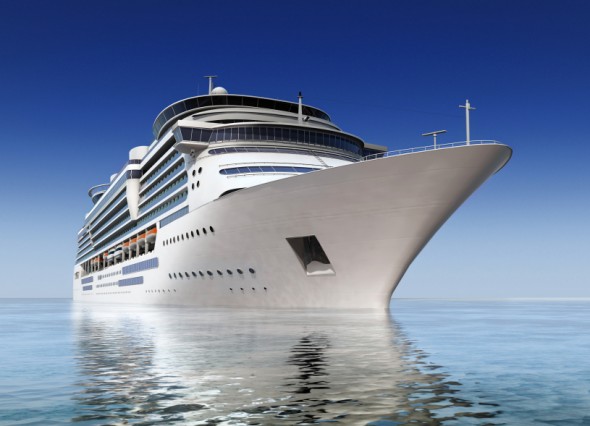
Cruise passengers, like airline passengers, are getting their say when it comes to being trapped on non-functioning cruise ships. CLIA recently came up with a Passenger Bill of Rights that was adopted as policy among the trade association’s 26 major cruise companies. And while the policy is not a law of the land or a recent action of Congress, these rights offer guidelines as to what cruise passengers can expect if or when things go wrong.
“The Cruise Industry Passenger Bill of Rights codifies many longstanding practices of CLIA members and goes beyond those to further inform cruise guests of the industry’s commitment to their comfort and care,” said Christine Duffy, president and CEO of CLIA. “By formally adopting industry practices into a ‘Passenger Bill of Rights,’ CLIA is further demonstrating consistent practices and transparency across CLIA member lines. The cruise industry is committed to continuing to deliver against the high standards we set for ourselves in all areas of shipboard operations.”
INTERNATIONAL CRUISE LINE PASSENGER BILL OF RIGHTS
The Members of the Cruise Lines International Association are dedicated to the comfort and care of all passengers on oceangoing cruises throughout the world. To fulfill this commitment, our Members have agreed to adopt the following set of passenger rights:
- The right to disembark a docked ship if essential provisions such as food, water, restroom facilities and access to medical care cannot adequately be provided onboard, subject only to the Master’s concern for passenger safety and security and customs and immigration requirements of the port.
- The right to a full refund for a trip that is canceled due to mechanical failures, or a partial refund for voyages that are terminated early due to those failures.
- The right to have available on board ships operating beyond rivers or coastal waters full-time, professional emergency medical attention, as needed until shore side medical care becomes available.
- The right to timely information updates as to any adjustments in the itinerary of the ship in the event of a mechanical failure or emergency, as well as timely updates of the status of efforts to address mechanical failures.
- The right to a ship crew that is properly trained in emergency and evacuation procedures.
- The right to an emergency power source in the case of a main generator failure.
- The right to transportation to the ship’s scheduled port of disembarkation or the passenger’s home city in the event a cruise is terminated early due to mechanical failures.
- The right to lodging if disembarkation and an overnight stay in an unscheduled port are required when a cruise is terminated early due to mechanical failures.
- The right to have included on each cruise line’s website a toll-free phone line that can be used for questions or information concerning any aspect of shipboard operations.
- The right to have this Cruise Line Passenger Bill of Rights published on each line’s website.

































































































































































































































































































Get Social